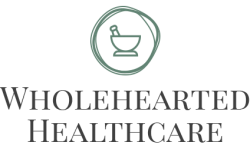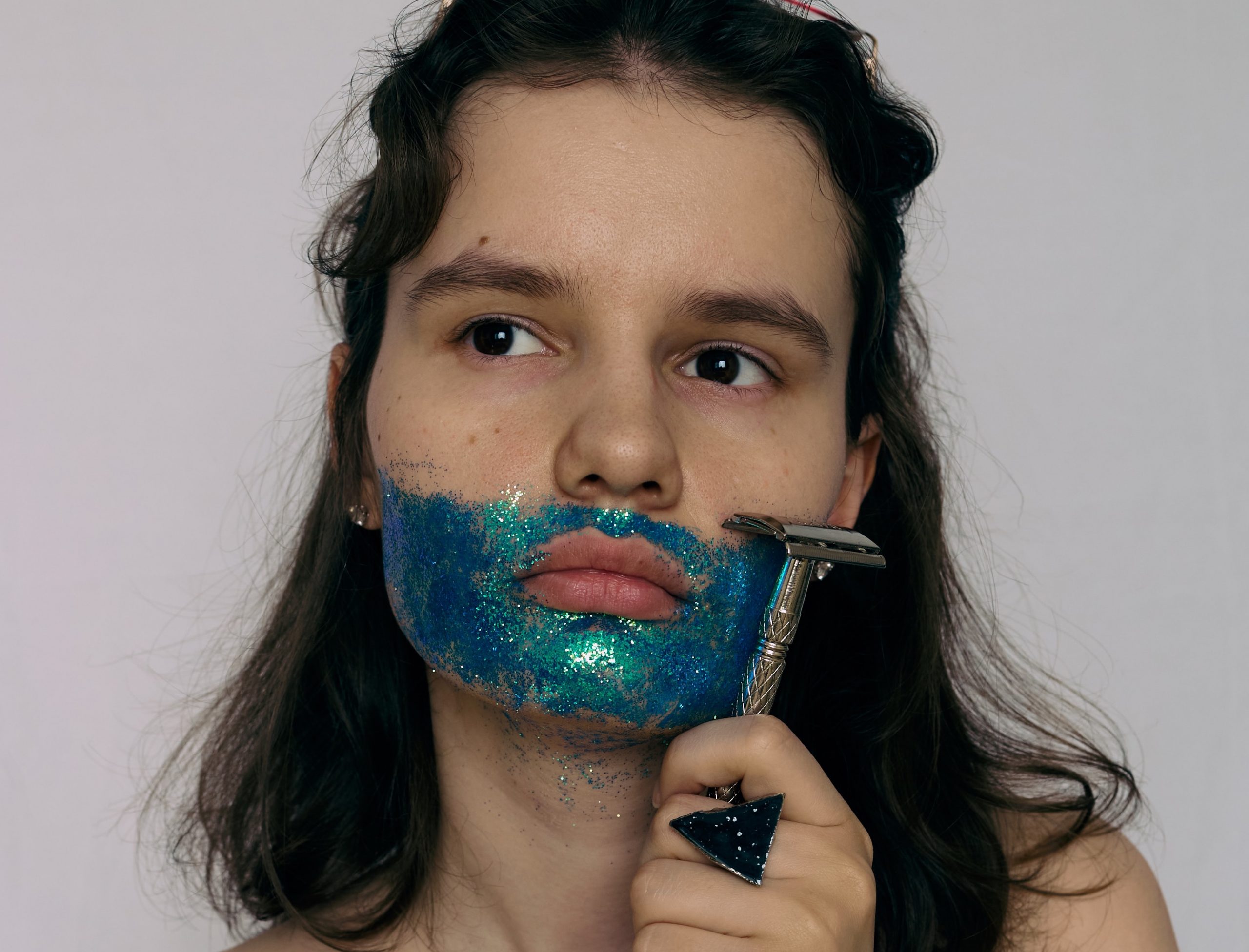Polycystic ovary syndrome (PCOS) is often associated with excess facial hair, being overweight, and fertility issues. While these are indeed typical symptoms, every woman is affected by PCOS differently – which is why a personalised treatment plan is so important.

What is PCOS?
PCOS an endocrine disorder in which the ovaries produce an abnormal amount of the male sex hormone, androgens. It is thought to affect around one in 15 women worldwide, which makes it one of the most common endocrine disorders in women of reproductive age.
For some women, ovulation doesn’t occur due to a lack of the required hormones. As a result, they may develop numerous small fluid-filled sacs called cysts in their ovaries. It is these cysts that produce the androgens.
All women produce small amounts of androgens as they help regulate blood loss during menstruation, and are converted into oestrogen. However, higher levels can lead to excessive body hair growth, scalp hair loss (male pattern baldness) and acne. Excess androgens also upset the menstrual cycle, leading to irregular periods and ovulation.
Signs and Symptoms
Symptoms of PCOS vary from mild to severe between women. Symptoms can also change throughout life.
- Irregular menstruation
- Very light periods or amenorrhea
- Enlarged ovaries due to eggs that do not ovulate
- Multiple cysts on the ovaries
- Difficulty falling pregnant
- Excess hair on the face and body (hirsutism)
- Thinning hair or hair loss on the scalp (alopecia)
- Acne on the face and/or body that can be severe
- Oily skin
- Darkened or thickened patches of skin (acanthosis nigricans) in the armpits, back of the neck, under the breasts
- Weight gain, usually around the abdomen
- Skin tags on the neck or armpits
- Mood changes: depression, anxiety, poor self-esteem

Risk factors for developing PCOS
While the exact cause of PCOS is unknown, research suggests that genetics may play a part. Lifestyle and environmental factors may also be involved.
Insulin Resistance and Androgens
Androgen production is linked to insulin resistance. Around 65-70% of women with PCOS are found to have hyperinsulinemia, in which they have higher amounts of insulin in their bloodstream than women without PCOS of the same weight and age. Increases in PCOS around the world have occurred alongside the rising prevalence of type 2 diabetes.
Hyperinsulinemia can impair ovulation and cause the ovaries to produce excess testosterone. Several studies have shown that insulin stimulates androgen production in the ovaries, and PCOS cells are more responsive to insulin and LH than normal cells. Increased insulin is also shown to activate androgen production in PCOS theca cells.
Glucose intolerance, type 2 diabetes, dyslipidemia and higher levels of inflammation are also more common in women with PCOS.
Obesity
Excess insulin in the bloodstream causes the body to store fat, particularly around the abdominal area. Insulin also stimulates the appetite. Unsurprisingly, PCOS is often linked to obesity and insulin resistance as the majority of women with PCOS tend to have a higher body mass index.
PCOS is even more common in women with excess belly fat. Abdominal fat is often associated with higher levels of fasting insulin, LH, estrone and androstenedione, which may reduce ovarian function ever further. This is because higher levels of androgens may also impair ovulation, which in turn leads to low progesterone. Progesterone is needed to counter the effects of androgens, creating a vicious cycle as more androgens perpetuate insulin resistance.
Skin and Acne
Androgens stimulate sebum production in the skin, causing excess oil on the face and body. Androgens also increase the number of bacteria in hair follicles and resulting levels of inflammation. This can lead to clogged pores and breakouts of acne.
Male Hair Growth
Androgens play a key role in physical development by stimulating pubic and underarm hair growth during puberty. Different genes expressed in individual hair follicles vary in their response to androgens. Hair follicles in secondary hair growth sites – such as the face and armpits – are more sensitive to androgens than those in other areas.
Androgens alter the interactions between mesenchymal-epithelial cells, affecting the duration of hair growth and the activity of skin and hair cells. The small follicles that would normally produce fine hairs become larger, producing thicker, pigmented hairs.
Androgens can also lead to androgenic alopecia (AGA), otherwise known as female-pattern baldness. Excess androgens block the hair follicles and dihydrotestosterone (DHT) binds to the receptors in the hair follicles on the scalp, causing them to shrink, which means healthy hair growth cannot occur. A lack of progesterone contributes to this effect, as it would normally bind to those same receptors to prevent hair loss. As a result, hair becomes thinner, shorter, and lighter in colour before diminishing completely.
Naturopathic Treatment & Management
Abnormal insulin activity can lead to several health complications, including menstrual dysfunction, infertility, hirsutism, acne, obesity, and metabolic syndrome.
Allopathic treatment of PCOS often includes medications to reduce excess hormones, promote ovulation, and regulate insulin.
A naturopathic treatment plan, however, is much more holistic. This is particularly important for PCOS because symptoms are often unique to those affected.
In my years as a Toowoomba naturopath, I’ve worked with many women who have PCOS. My treatment involves restoring hormonal balance through herbs, vitamin and dietary support, and lifestyle changes.
By understanding how PCOS affects you personally, we can work together in designing a programme that reduces your symptoms as much as possible. My first step is to investigate the degree of your PCOS symptoms. Along with a full health history, I may examine hormone levels, your menstruation cycle, and possibly ultrasounds. We can then look at ways to maintain a healthy weight while keeping your blood sugar levels stable and reducing insulin resistance. Where necessary, I may also prescribe supplements such as B-vitamins, magnesium, chromium, and essential fatty acids.
Book a consult with me today to learn more about managing PCOS – for good!





